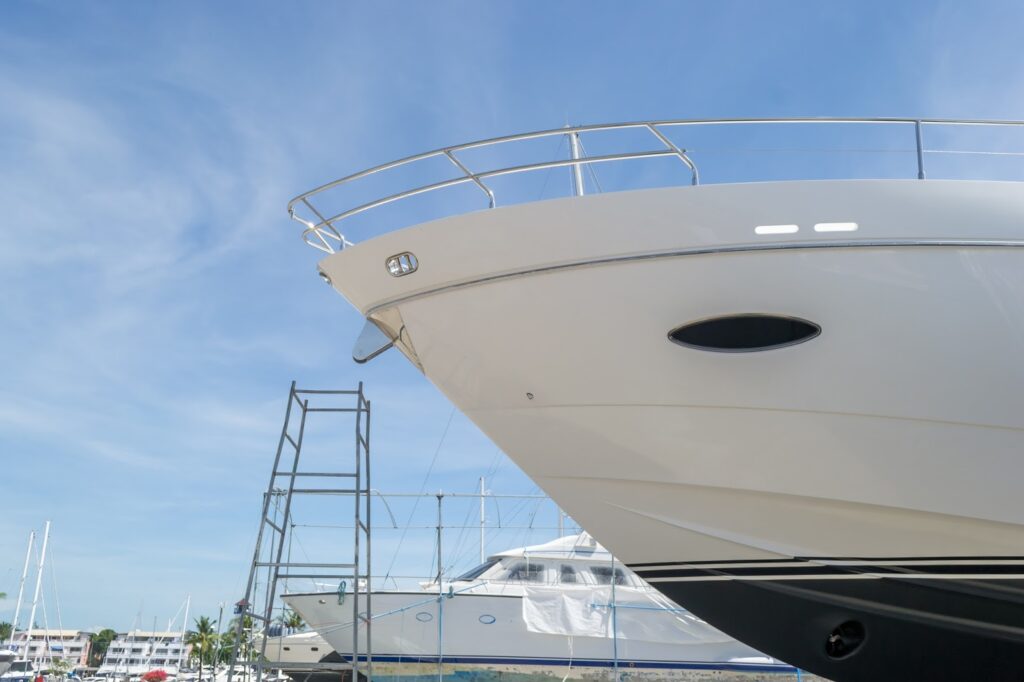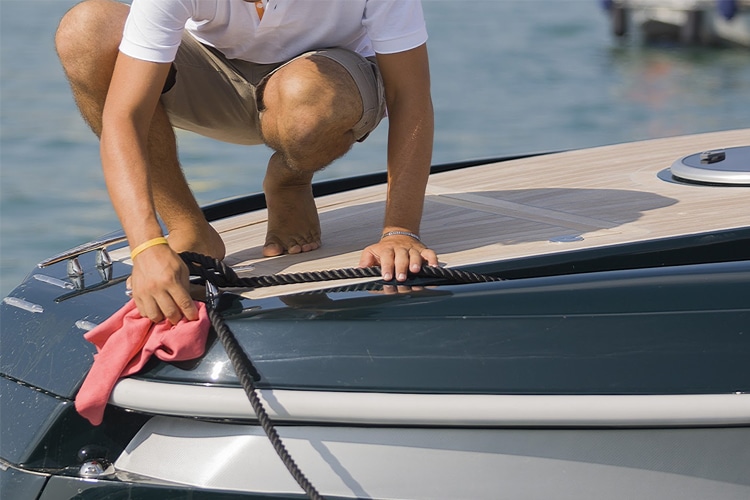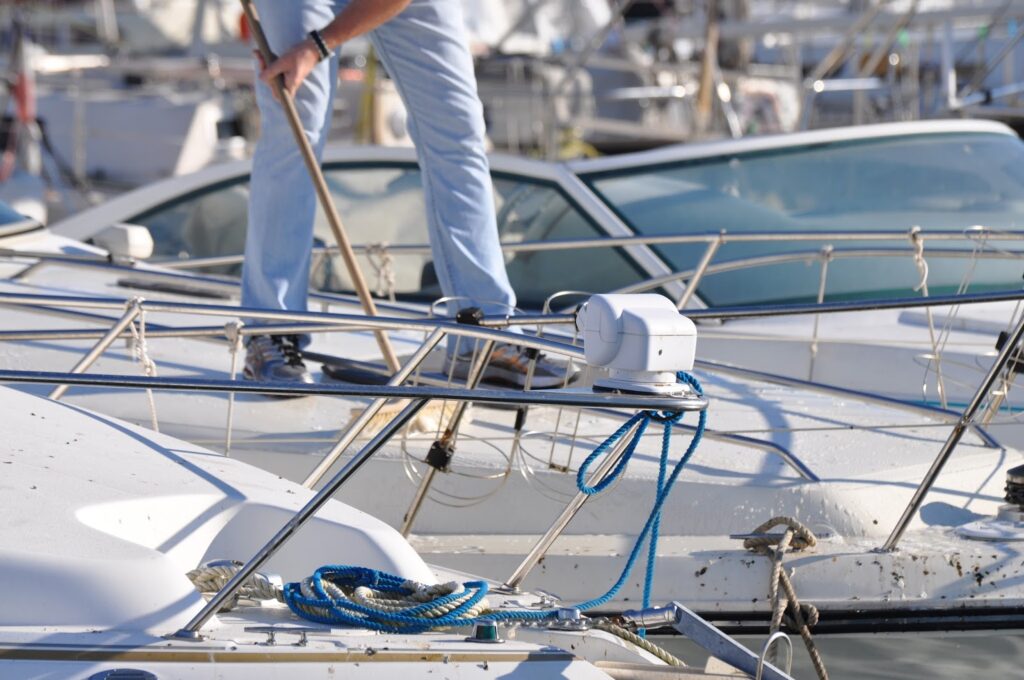Boat expenses can creep up on you — storage fees, trailers, insurance, fuel, repairs, etc. Unfortunately, there are no ways around it, that is just the cost of doing business when you own a boat. Thankfully if you keep up a regular maintenance schedule on your vessel, you should be able to mitigate the cost of major repairs, or at least diminish the chances of issues that can set you back in the wallet, and put your boat out of commission.
Maintenance is such an important part of owning a boat — some things you should be doing every time you take your boat out, while others can be saved for an annual schedule. Those that don’t take care of their boat end up with headaches and issues down the line that could have been prevented. Below are a few tips for both new and experienced boaters alike:
Wash your boat
Washing your boat is such an important, yet sometimes forgotten, part of maintenance. If you use your boat in the saltwater, rinse your boat thoroughly with fresh water after every outing to remove salt and prevent damage. We all know that salt water destroys everything, but not only will it corrode metal and other hardware, but it will eat at your gel coat as well. Using a long-handle, soft-bristle brush and quality marine boat wash are recommended, as the soap is formulated for the gel coat.
Changing the oil
Just like your car, your boat needs oil changes as well. Four-stroke outboards, inboards, and stern drive boats require regular oil changes. You should always refer to your owners manual, or ask your dealer, with what frequency you should change your boats’ oil, but a general rule of thumb is to change the oil every 100 hours of operation or once a year.
Changing the oil isn’t a difficult task to do yourself, or you could bring it to your local dealer and have their service department change your oil.
You should check your oil regularly, as it only takes a minute, and make sure to carry a couple of quarts of oil and a funnel on the boat for emergencies. You don’t want to run into an oil issue in the middle of the bay, lake, or out in the ocean.
Visual Inspection
We recommend that at least monthly you visually inspect your boat — fuel lines for cracks and leaks; test the steering for leaks; check for rust on nuts, bolts, etc; look for crack or stresses in the hull; and check your fuel filter for grit. You should also always check your propeller — it should always be inspected pre-launch, but we suggest quickly checking it after each use as well. This way you can be proactive and have it repaired or replaced if need be before you plan on using your boat again.
These are all issues that can slowly creep up on you as you go about using your boat. Make no mistake about it, when you leave something like this to its own devices, it eventually becomes a much more serious issue. These issues never correct themselves on their own. After each use of the boat, doing a 5-10 minute wipe down can not only keep your boat looking great but allow you to inspect these items as well.
Annual Maintenance
 Once a year you should maintain some of the more long-term items of your boat, such as engine servicing, utilizing rust inhibitor, and making sure to change the oil. While these seem almost obvious, there are other not-to-obvious things that you should do as well.
Once a year you should maintain some of the more long-term items of your boat, such as engine servicing, utilizing rust inhibitor, and making sure to change the oil. While these seem almost obvious, there are other not-to-obvious things that you should do as well.

